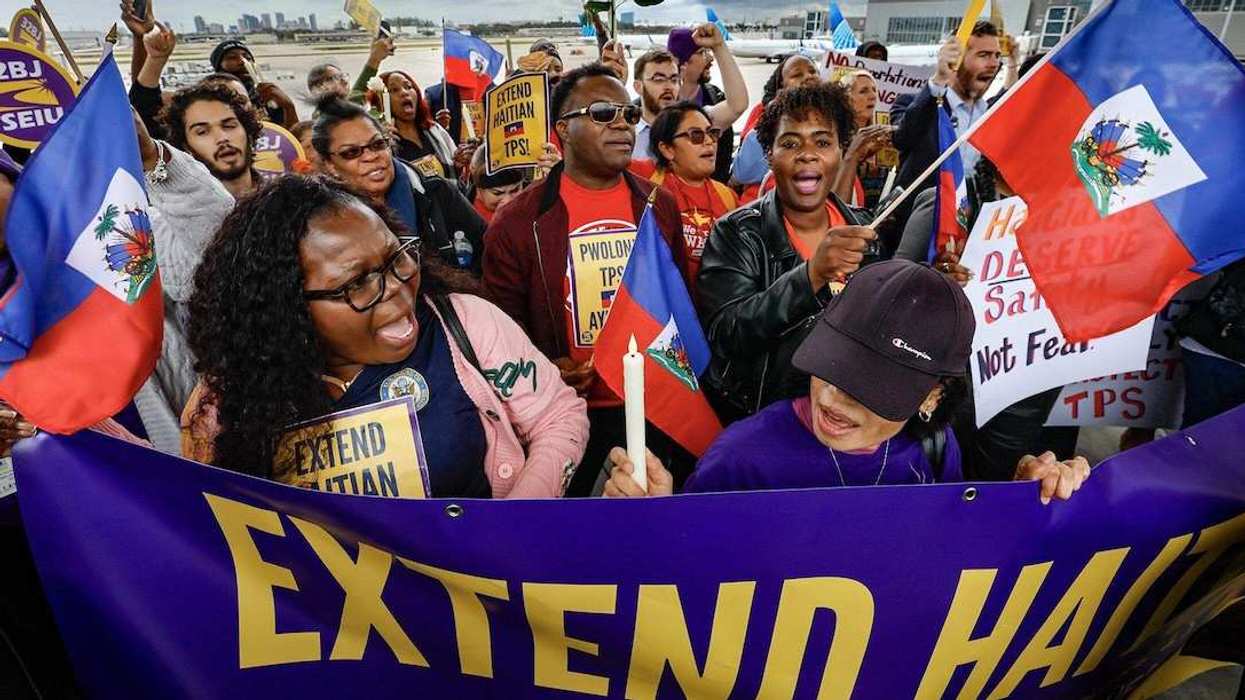On a muggy afternoon in New Jersey yesterday, a London-based, American-owned soccer club beat a Qatari-owned, French-based one to win the Club World Cup final, as Chelsea defeated Paris Saint-Germain 3-0. US President Donald Trump not only watched, but came down to the field for the trophy ceremony himself.
The United States hosted the tournament, which featured the world’s top soccer clubs, as a dress rehearsal for next year’s World Cup, which will pit national teams against each other in matches taking place across the US, Mexico, and Canada. As we look ahead to that tournament, the most-watched sporting event in the world, what did we learn from this year’s club tournament?
Donald Trump will embrace next year’s World Cup.
Just look at the trophy ceremony yesterday: the US leader descended from his box seats to hand the trophy to Chelsea captain Reece James, before standing among the team as they celebrated.
This is surprising to some degree: football is a global sport, and this was a global club tournament where none of the US-based teams advanced to the latter stages. The ticket prices were expensive and most of the games took place on the coasts. The tournament smacked of “globalism” and elitism — two things that sit uneasily with Trump’s America First styling.
But the president is also a born performer who wouldn’t miss a chance to be in the global spotlight.
Looking ahead to next year, expect the US president to cut a large figure in the World Cup tournament, even if that means jilting fellow hosts Canada and Mexico. If things go well, he’ll take the credit. If they don’t, he’ll almost certainly blame the neighbors. And at the very end of it all, don’t be surprised if he tries to throw a red MAGA hat on one of the winning side’s players – remember when the Qatari emir threw a traditional bisht robe on Argentine champion Lionel Messi during the trophy ceremony for the last World Cup in Doha?
This tournament tested the relationship between footballing authorities and the players.
Following the lead of many of the world’s top national football leagues, FIFA, the sports global governing body, wants players to play more and more games. Not only has it vastly expanded the Club World Cup – the tournament used to feature just 7 teams and was 10 days long, whereas this one gathered 32 teams and lasted a month – it has also increased the number of countries in next year’s World Cup to 48, up from 32.
The players are hitting back, voicing concerns about player welfare. It didn’t help that they had to play in the stifling American summer heat, nor that FIFA failed to even invite the players’ union Fifpro to a recent meeting about off-season breaks – the union also slammed the Club World Cup on Monday, as well as its organizers. Certain footballers like England’s Ben White have shunned international duty, and it’s possible that others may follow suit with the brutal schedule.
Could that affect whether some of the games top stars play in the World Cup next year? The world’s most celebrated athletes have labor disputes too.
Finally, international tensions will cloud next year’s tournament.
While the Club World Cup didn’t figure much in most Americans’ daily lives, next year’s tournament between international teams will dominate headlines and cities. The demand for tickets will be vastly higher, and thousands will come to support their teams from abroad.
Yet questions lurk about which fans will be able to attend next year, and which ones will want to attend.
However, Trump recently signed a travel ban that bars citizens from 12 countries from entering the United States. One of those countries is Iran, which has already qualified for the World Cup.
They might not be the only ones either. Haiti and Sudan could also qualify for the World Cup, yet both are on the travel ban list. What’s more, the Trump administration has warned another 36 countries – including likely World Cup qualifiers Egypt, Ivory Coast, and the Democratic Republic of the Congo – that it may add them to the list if they don’t fix certain safety concerns.
FIFA President Gianni Infantino has been working hard to maintain the global aspect of the World Cup. He has also heaped praise on Trump each time he appears at the White House for a soccer-related event – he even attended the president’s second inauguration – as he hopes to keep the US president on board with his plans. With a travel ban already in place, and a possible expansion to follow, Infantino has his work cut out if he wants to keep soccer’s top tournament accessible to its most adoring and committed fans.


















